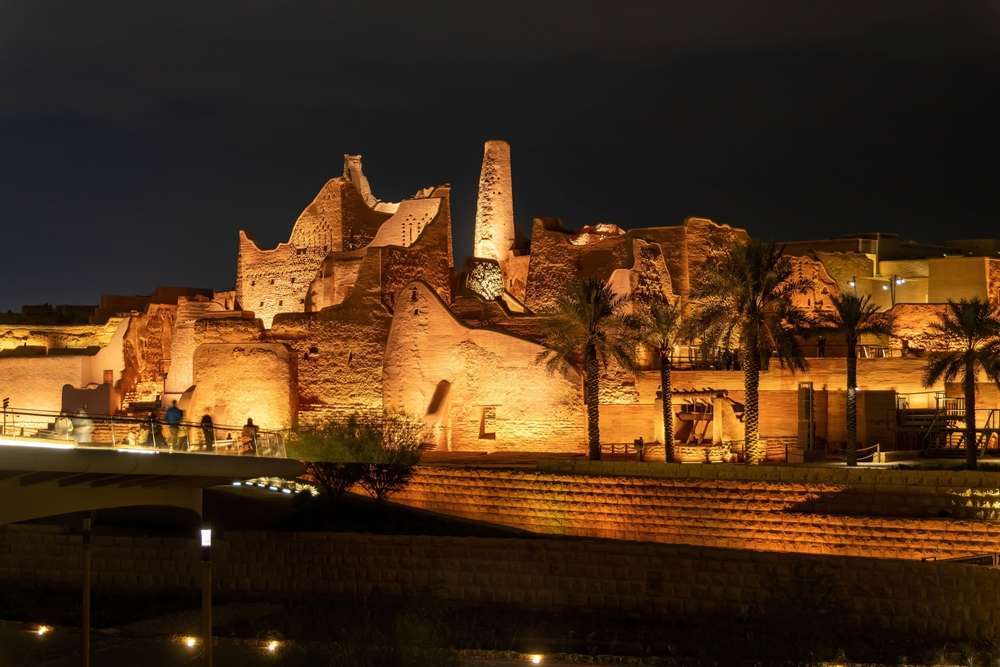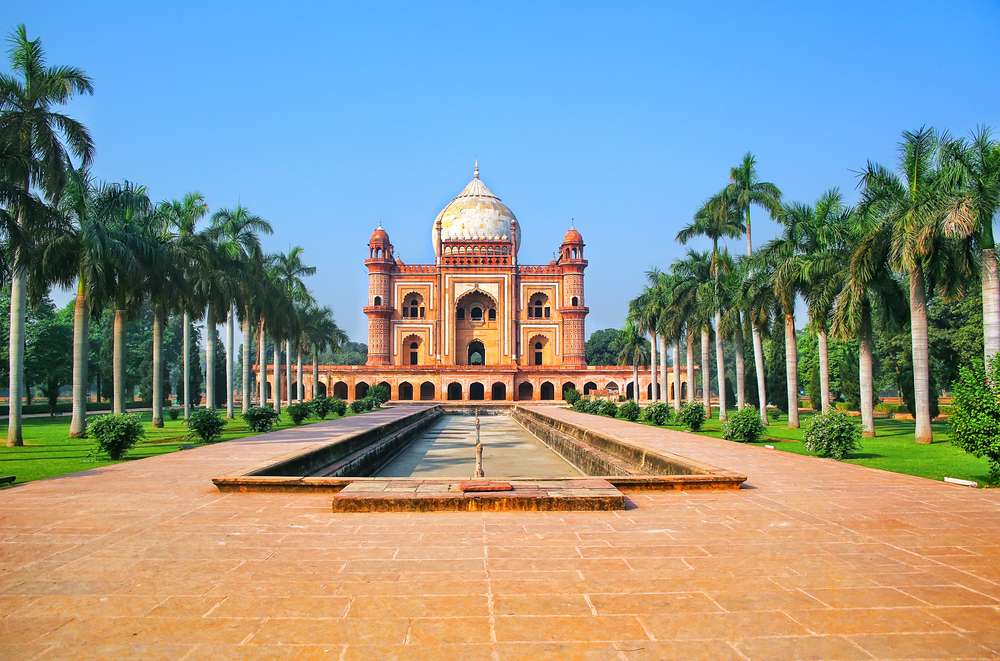Saudi Arabia, traditionally reliant on oil revenue, has embarked on an ambitious journey of economic diversification to reduce its dependency on hydrocarbons and foster sustainable growth. Under the visionary leadership of Crown Prince Mohammed bin Salman, the Kingdom has initiated transformative reforms aimed at nurturing a dynamic and diversified economy. From investments in non-oil sectors to fostering innovation and entrepreneurship, Saudi Arabia is pioneering new avenues for growth and prosperity.
The Need for Economic Diversification
Historically, Saudi Arabia’s economy has been heavily reliant on oil exports, with petroleum accounting for the majority of government revenue. However, fluctuations in oil prices and global demand have underscored the vulnerability of this dependence. To mitigate risks and ensure long-term economic stability, the Kingdom recognizes the imperative of diversifying its economic base. Diversification efforts aim to stimulate growth across multiple sectors, reduce unemployment, and create opportunities for sustainable development. By embracing a more diverse and resilient economy, Saudi Arabia seeks to unlock its full potential and chart a path toward greater prosperity for its citizens.
Vision 2030: A Blueprint for Transformation
Central to Saudi Arabia’s economic diversification agenda is Vision 2030, an ambitious blueprint unveiled by Crown Prince Mohammed bin Salman in 2016. The vision outlines strategic objectives and initiatives aimed at transforming the Kingdom into a vibrant and diversified economy, driven by innovation, entrepreneurship, and private sector participation. Key pillars of Vision 2030 include enhancing the role of the private sector, developing non-oil industries, and promoting social and cultural development. Initiatives such as the National Transformation Program (NTP) and the Privatization Program aim to streamline government processes, attract foreign investment, and stimulate economic growth across various sectors.
Investing in Non-Oil Sectors
Saudi Arabia is channeling significant investments into non-oil sectors such as tourism, entertainment, technology, and renewable energy. The Kingdom’s rich cultural heritage and natural landscapes make it an attractive destination for tourism and hospitality development. Initiatives such as the Red Sea Project and NEOM aim to create world-class tourism destinations, while the entertainment sector is experiencing rapid growth with the introduction of cinemas, concerts, and cultural events. Furthermore, Saudi Arabia is fostering innovation and entrepreneurship through initiatives like the Saudi Vision Fund and the Fintech Saudi program. These efforts aim to nurture a vibrant ecosystem of startups and tech companies, driving innovation and creating job opportunities for young Saudis.
Sustainable Development and Environmental Conservation
As part of its economic diversification strategy, Saudi Arabia is committed to promoting sustainable development and environmental conservation. Initiatives such as the Saudi Green Initiative and the Middle East Green Initiative underscore the Kingdom’s commitment to reducing carbon emissions, preserving natural resources, and investing in renewable energy. Saudi Arabia aims to become a global leader in renewable energy, with ambitious targets for solar and wind power generation. Projects such as the Sakaka Solar Plant and the Dumat Al-Jandal Wind Farm are testament to the Kingdom’s commitment to clean energy transition, creating opportunities for investment and technological innovation in the renewable sector.
Conclusion
Saudi Arabia’s pursuit of economic diversification represents a bold and forward-thinking approach to securing long-term prosperity for its citizens. Through Vision 2030 and strategic initiatives across multiple sectors, the Kingdom is paving the way for a more resilient and dynamic economy. By investing in non-oil industries, fostering innovation, and promoting sustainability, Saudi Arabia is poised to unlock new avenues for growth and emerge as a global leader in the 21st century economy.
Read more: Ancient Trade Routes to Modern Markets: Trade Opportunities in Saudi Arabia


